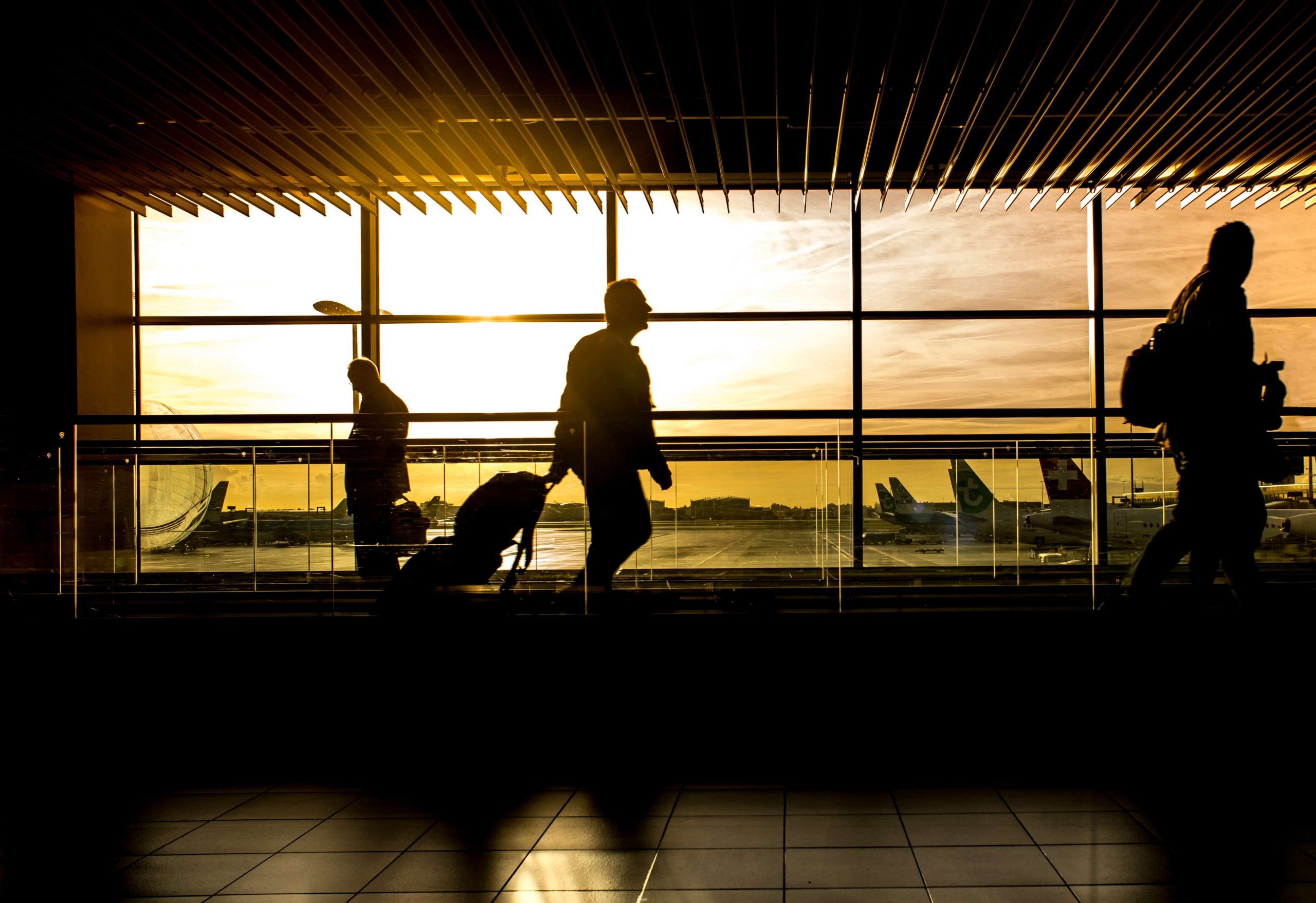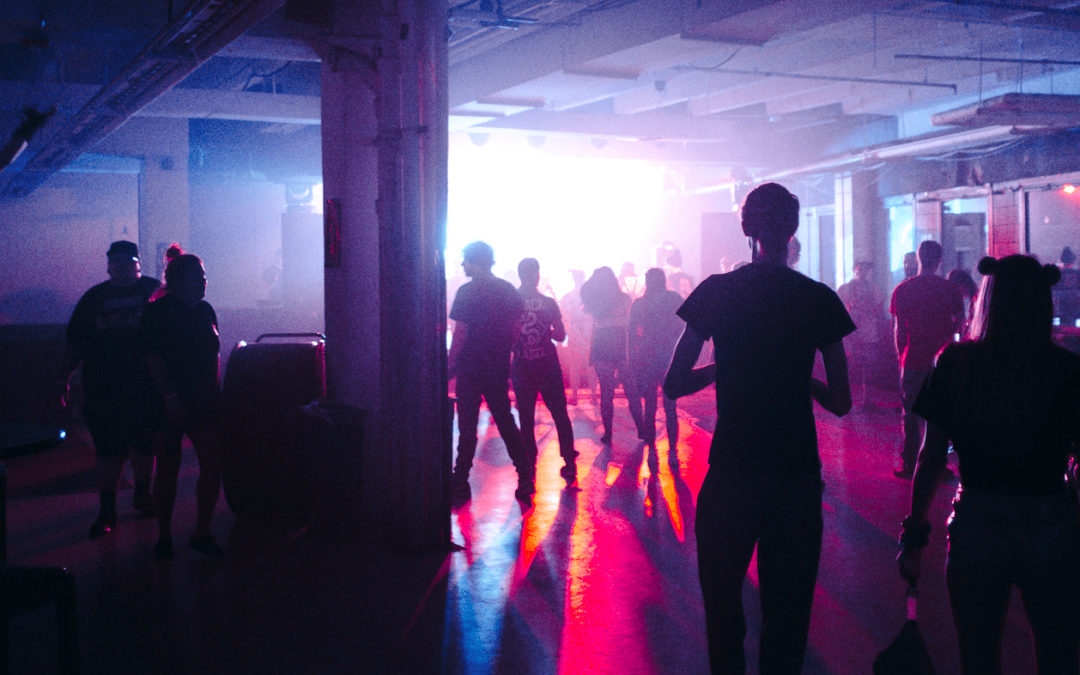U.S. visa fees for touring artists are going up, according to a new rule by the U.S. Department of Homeland Security (DHS) going into effect on October 2nd, 2020.
Fee increases will impact applications for O and P visa classes, which require U.S. residents or employers to petition on behalf of foreign applicants. one-year O visas for individual foreign artists will shoot up by 53%, from $460 to $705 in fees. three-year P visas—typically used by groups of foreign artists and individual entertainers joining U.S.-based, internationally recognized entertainment groups—will cost $695 in application fees, a 51% rise from its current cost of $460.
The DHS stated that the fee increases are “intended to recover the estimated full cost to USCIS of providing immigration adjudication and naturalization services.”
Costs beyond fee hikes
Apart from visa fee hikes, the $1,440 Premium Processing Service will increase from 15 calendar days to 15 federal working days. In addition, coverage under P class visas will be limited to 25 people.
“Because USCIS completes a background check for each named beneficiary, petitions with more named beneficiaries require more time and resources to adjudicate than petitions with fewer named beneficiaries,” the DHS explained on the 25-person cap. “This means the cost to adjudicate a petition increases with each additional named beneficiary.”
The upcoming fee hikes follow visa fee increases of 42% by the DHS in December 2016. Since then, American arts organizations have reported a failure to improve service with lengthy, inadequate, and unpredictable visa processing, uneven interpretation of statute and implementation of policies, unwarranted requests for further evidence to support petitions, and even the occasional groundless denial.
Impact on artists, foreign and domestic
In response to the changes by the DHS, a group of American national non-profit arts stakeholders penned a six-page letter opposing the changes on grounds ranging from inefficiencies in artist visa processing to high economic risks for American artists.
A passage of the letter reads:
“DHS is proposing new barriers that harm the ability of U.S. arts organizations to present international artists to local communities. The loss will affect not only the guest artists seeking to perform in the U.S., but it will also affect U.S. artists and communities. Nonprofit arts groups frequently sell tickets in advance, creating a financial obligation to their audiences. Inconsistency of the U.S. visa process for foreign guest artists—as well as broad travel restrictions that hinder cultural exchange—creates harmful results for everyone. The absence of international guest artists costs American artists important employment opportunities. If an international guest artist cannot obtain a visa in time to make a scheduled performance, then the many American artists who were scheduled to work alongside the extraordinary guest artist lose a valuable and much-needed source of income, professional experience, and artistic promotion. In addition to these immediate costs, there can also be long-lasting harmful reciprocal effects on the ability of U.S. artists to tour, perform, and create art abroad.”
Struggle for up-and-coming foreign artists
Many foreign musicians, including electronic music DJs and live performers, rely on touring in the U.S. as a means of breaking through to a larger audience. European electronic music DJs in particular grow popular locally before attracting interest from U.S. listeners and talent buyers. Touring in the U.S. serves as an opportunity to expand their fanbase by establishing a footing in the thriving (pre-pandemic) live music industry of the U.S as supporting acts for bigger names, or even undertaking headline tours.
While well-established foreign acts may be able to weather the changes announced by the DHS, they only spell trouble for rising foreign artists looking to break through in the U.S. Once live music events resume post-COVID-19, there’s a tangible fear that U.S. concertgoers will be seeing less up-and-coming foreign acts onstage.
Image credit: Skitterphoto


